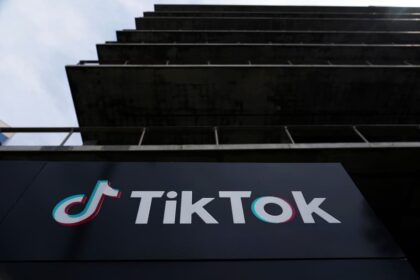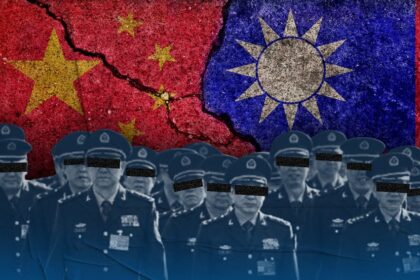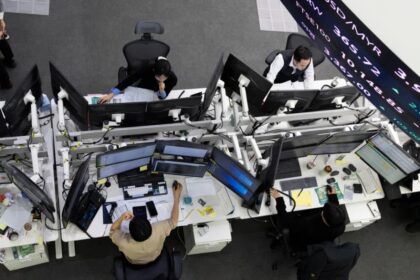Singapore’s Emergence as a Global Tech Powerhouse
Singapore has been named one of the world’s 12 leading technology “powerhouses,” according to the Global Tech Talent Guidebook 2025, compiled by real estate services firm CBRE. Despite being the smallest of the five Asia-Pacific hubs on the list, Singapore’s robust tech ecosystem, highly educated workforce, and business-friendly environment have positioned it to attract both capital and talent, especially in the rapidly evolving field of artificial intelligence (AI).
Alongside major cities like San Francisco, London, Beijing, and Bengaluru, Singapore stands out for its ability to foster innovation and draw global investment. The city-state’s commitment to developing a sophisticated AI ecosystem is seen as a key factor in maintaining its elite status among global tech hubs.
What Sets Singapore Apart?
One of Singapore’s most significant strengths is its highly educated workforce. Nearly 45% of its 4.3 million working-age residents hold at least a university degree, ranking Singapore just behind Ireland and Switzerland in education levels. This talent pool supports a mature and vibrant tech ecosystem, encompassing both frontline roles and supporting positions across the industry.
Mr. Ravi Nippani, head of regional industries and solutions at Mercer Asia, noted,
“Singapore’s tech ecosystem is quite mature and vibrant in terms of roles, encompassing both front-line and supporting positions. When compared with the sheer size of the working population in China and India, Singapore is more than punching its weight and can rightly be given powerhouse status.”
Asia-Pacific as a whole hosts the largest tech talent pools globally, with cities like Beijing, Shanghai, and Bengaluru each boasting more than 500,000 tech professionals. However, Singapore’s focus on high-value, strategic roles—such as AI research, product innovation, and regional leadership—helps it stand out despite its smaller population.
The Cost of Success: High Wages and Rents
While Singapore’s tech sector is thriving, the city is also one of the most expensive places in the world to run a tech business. It ranks 24th out of 115 markets for software engineers’ wages, with average annual base salaries around US$111,000. Office rents are second only to Paris globally, and apartment rents are among the highest worldwide. These factors mean that software engineers in Singapore spend over 29% of their salaries on rent alone.
Mr. Jonathan Lasenby, head of technology and telecoms at executive search firm Ethos BeathChapman, highlighted the challenges:
“Together, [high office and apartment rents] contribute to higher operational costs, driven by both rental overheads and salary expectations. This challenges Singapore’s positioning relative to other tech powerhouse markets. Candidates may increasingly weigh cost of living when deciding where to live and work, especially as remote work and distributed teams become more viable.”
As remote work becomes more common, tech professionals have greater flexibility in choosing where to live, making cost of living a critical factor in attracting and retaining talent.
Government Strategies and Investment in Innovation
To maintain its competitive edge, Singapore is investing heavily in research, education, and innovation. The government recently announced a S$300 million (about US$220 million) investment over the next five years to boost quantum technology research and talent development. This initiative, known as the National Quantum Strategy, aims to position Singapore as a leader in quantum computing and related fields, which are expected to drive the next wave of technological breakthroughs after AI.
The National Quantum Scholarships Scheme will nurture up to 200 graduates at the master’s and PhD levels, ensuring a steady pipeline of local talent. At the same time, Singapore remains open to global talent through schemes like ONE Pass and Tech.Pass, recognizing the importance of international expertise in sustaining innovation.
These efforts build on Singapore’s broader AI Strategy 2.0, which focuses on anchoring high-value jobs that are not easily replicated elsewhere, such as AI development, product innovation, and regional leadership roles.
Challenges: Venture Capital and Talent Retention
Despite its strengths, Singapore faces challenges in attracting venture capital. In 2024, global AI-related venture funding reached a record US$129 billion, but Singapore accounted for just US$2.5 billion—less than 2% of the total. The bulk of this funding continues to flow to established markets like the United States.
Ms. Rohini Saluja, CBRE’s head of consulting and integrated client solutions for Asia-Pacific, observed,
“We have some way to go to compete with markets in the US, for instance, which takes the bulk [of venture capital].”
Another pressing issue is talent retention. As the US and other Western countries seek to attract skilled workers with higher quality of life and competitive salaries, Singapore and other Asia-Pacific hubs must find ways to keep their best talent from migrating abroad. Geopolitical shifts and the rise of AI are also influencing the flow of talent and investment, making workforce strategies more important than ever.
Looking Ahead: Partnerships and Regional Collaboration
To address these challenges, Singapore is exploring new models of talent development and collaboration. One approach is to build talent pools overseas and access them through partnerships, such as the Johor-Singapore Special Economic Zone. This strategy can help ease the pressure to import foreign talent and create scale through regional cooperation.
As Ms. Saluja explained,
“You can’t keep moving people and creating other issues. All you can do is create scale through these partnerships.”
With emerging tech hubs rising in cities like Auckland, Ho Chi Minh City, and Jakarta, Singapore will need to continue innovating its approach to talent and investment to maintain its position among the global elite.
In Summary
- Singapore is recognized as one of 12 global tech “powerhouses,” excelling in education, innovation, and business environment.
- High operational costs, especially for wages and rent, pose challenges for tech firms and talent retention.
- The government is investing heavily in quantum technology and AI to secure future growth and maintain competitiveness.
- Singapore lags behind in attracting venture capital compared to the US and must work to retain top tech talent.
- Regional partnerships and innovative talent strategies are key to sustaining Singapore’s status as a leading tech hub.












